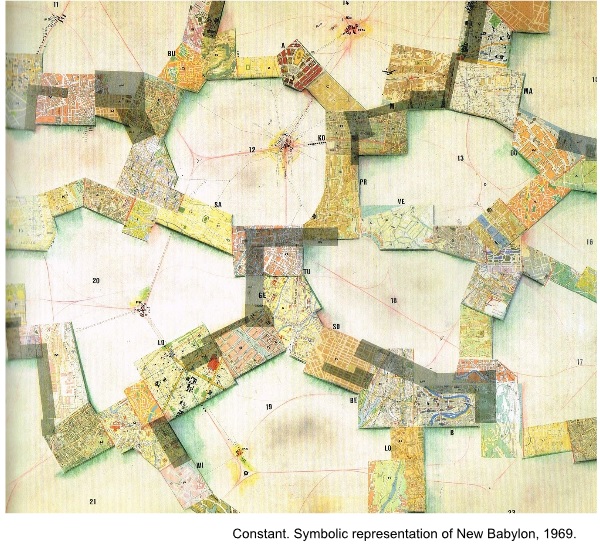Crossing borders: Body-territory and knowledge production in Randa Maroufi’s Artistic Practice
DOI:
https://doi.org/10.1344/regac2023.9.42657Keywords:
Cuerpos; fronteras; arte contemporáneo; experiencias, pensamiento decolonial, conocimientoAbstract
This paper negotiates entanglements between the Spanish-Moroccan border and the bodies that cross it every day drawing on the artistic practice of Randa Maroufi. I will discuss the border as a dispositive of power that structures the body, its experiences and its boundaries. In doing so, the body is conceived as multi-layered territoriality, at and in which the border interweaves with the flesh. At the same time, the body constitutes the border itself in its daily crossings back and forth. Based on decolonial theoretical thought, with a focus on the cuerpo-territorio approach, I will argue that artistic practice encourages a thinking of the (border) geography taking the body as a starting point. In this way, Maroufi challenges and changes not just geographical knowledge production but also western modern/colonial epistemologies. Art, therefore, becomes as a space for ‘other’ epistemologies.

Downloads
Published
Issue
Section
License
Authors who publish with this journal agree to the following terms:
- Authors retain copyright and grant the journal right of first publication with the work simultaneously licensed under a Creative Commons Attribution Licensethat allows others to share the work with an acknowledgement of the work's authorship and initial publication in this journal.
- Authors are able to enter into separate, additional contractual arrangements for the non-exclusive distribution of the journal's published version of the work (e.g., post it to an institutional repository or publish it in a book), with an acknowledgement of its initial publication in this journal.
- Authors are permitted and encouraged to post their work online (e.g., in institutional repositories or on their website) prior to and during the submission process, as it can lead to productive exchanges, as well as earlier and greater citation of published work (See The Effect of Open Access).


